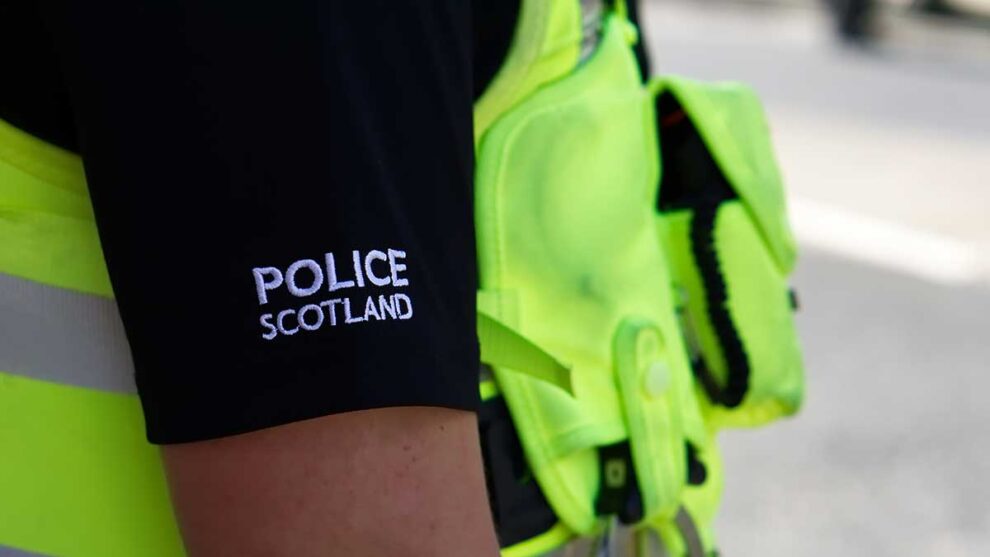Later this month, Police Scotland will ban all frontline officers from having a moustache or beard. Although exemptions will be granted for those who have religious or medical grounds for refusal, the “no-beard” policy has received backlash and instigated questions as to whether the new rules will be discriminatory.
Kate Palmer, HR Advice & Consultancy Director at Peninsula, weighs in on the matter: “Whilst businesses are able to implement a dress code to suit their needs and responsibilities, forcing an employee to look a certain way or wear certain items of clothing can, in some cases, amount to indirect discrimination.
This will apply if such a policy places a group of the workforce at a disadvantage because of a specific protected characteristic they hold, such as religion or disability. Where this happens, employers will be able to continue using the policy if they have a robust “legitimate aim” and show that the dress code is a proportionate means of achieving it.
“Police Scotland’s no-beard requirement appears to be based predominantly on health and safety needs, and this is what an employment tribunal would consider when looking at whether the police have a legitimate aim. It’s important that Police Scotland has allowed reasonable exemptions to the rule, such as if staff can’t be clean-shaven due to religious, cultural, medical or disability reasons.
Conducting an impact assessment can be a good way to identify whether groups of employees who hold a particular protected characteristic will be negatively impacted by the rule, so adjustments and accommodations can be made. Employers who wish to adopt a similar approach should remember this important step and provide similar exemptions.”
Source : The HRDirector





